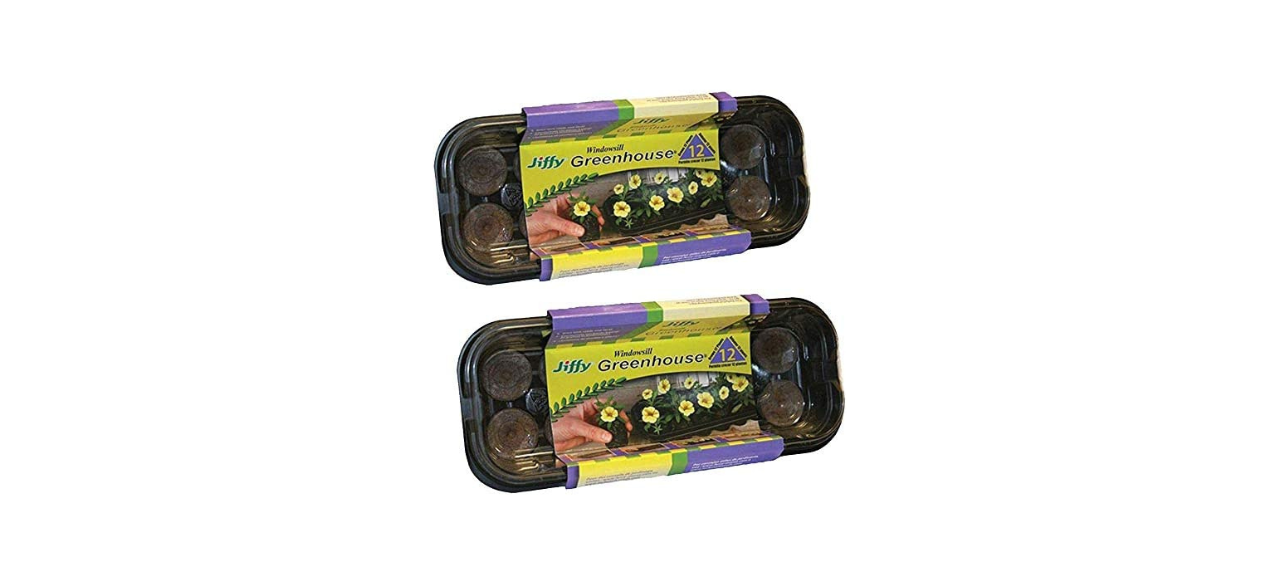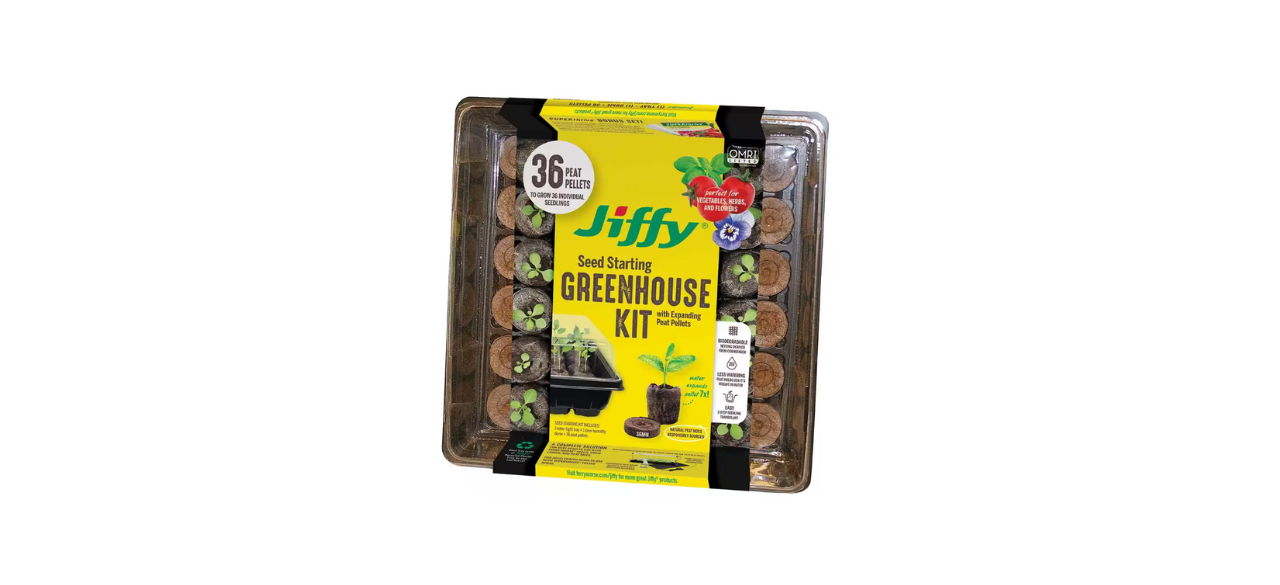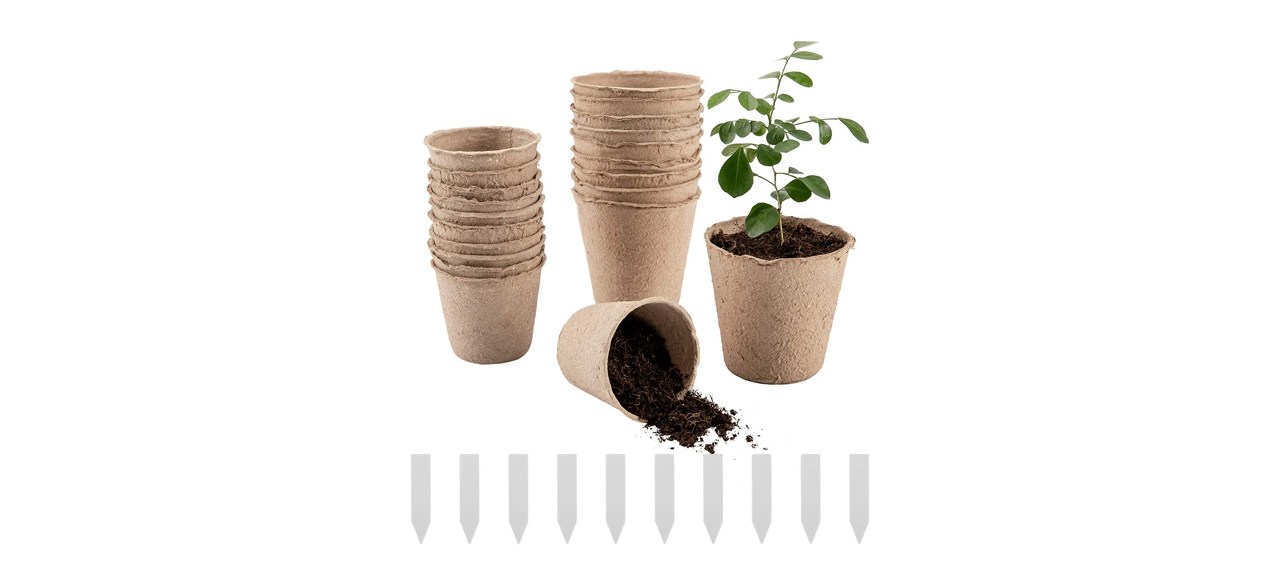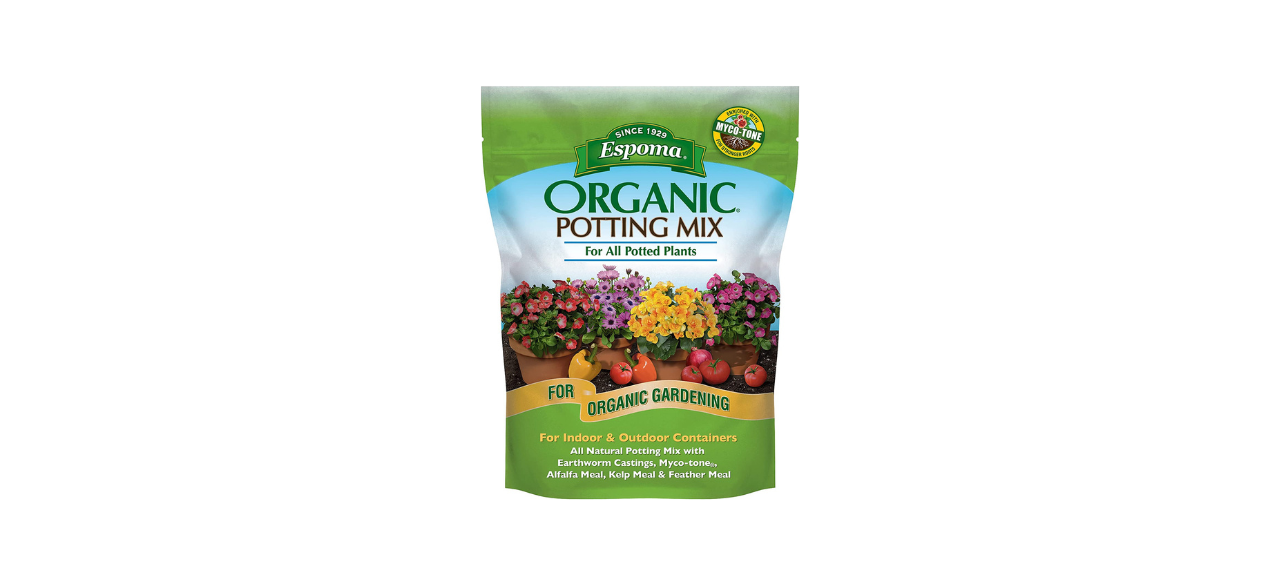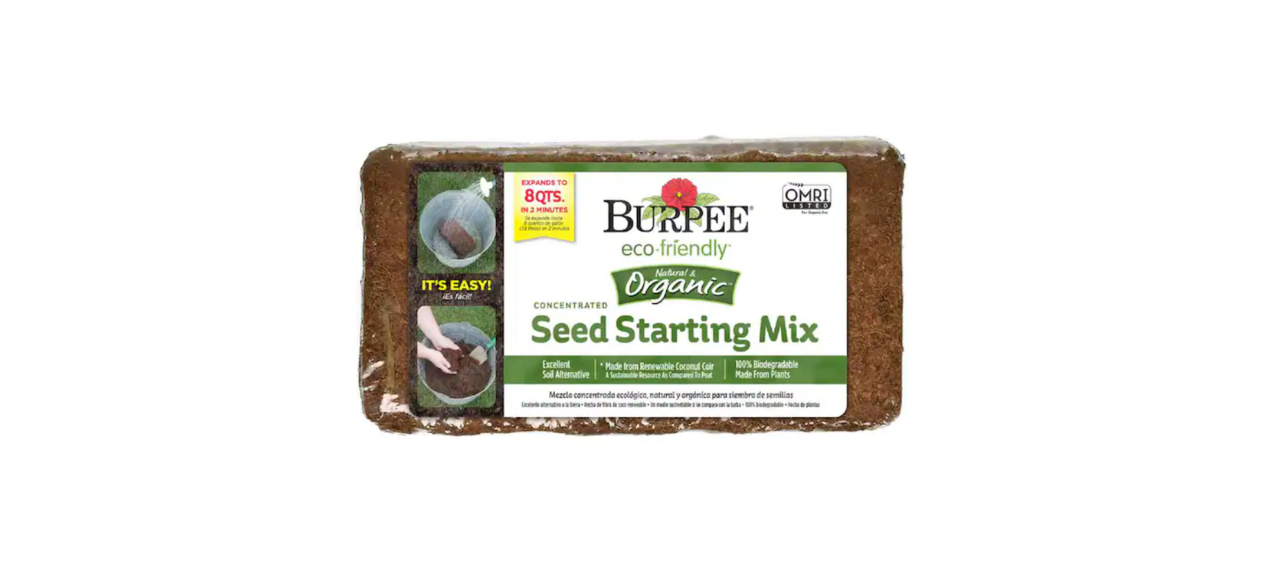Best seed starter kits for spring
IN THIS ARTICLE:
If you live in a warmer climate, it’s possible that last year’s spring frost already occurred, and you can start your garden by direct sowing. For the rest of the country, there is still a month or more to go. To take full advantage of the growing season, most gardeners in the U.S. will benefit from starting seeds indoors and transplanting them once that threat of frost has passed.
Growing an entire garden from seeds can be an intimidating venture, even for an experienced gardener. Luckily, it’s not all that hard because the seeds do most of the work – you just have to nurture them along the way. To help you get the most out of a seed starter kit, we’ve put together this helpful guide.
What are the benefits of starting seeds indoors?
If you live in a region where the last spring frost doesn’t happen until April or May, you are cutting your growing season short by up to two months. Using a seed starter kit allows you to get a jump start on the growing season so you can take full advantage of the warmer months.
Additionally, using seeds instead of plants from a local nursery means you have a much more extensive selection of what you can grow. If you’d like to save some money, seeds are a more cost-effective purchase than plants.
When should I start my seeds?
The key to achieving the best results in gardening is timing. Knowing when to do what can help you be more successful in your endeavors.
Determining the best time to plant your seeds
While the ideal sowing time will vary from plant to plant, you don’t have to worry about figuring that out because it’s listed right on the seed package. For example, a package might say, “start seeds indoors six weeks before the average last frost date.”
If your region’s expected last frost date is May 7, you could start your seeds as early as March 26. If you are uncertain of your area’s frost dates – there’s one in the spring and one in the fall – you can search “The Old Farmer’s Almanac” using your zip code to get pertinent information.
What if I start my seeds at the wrong time?
If you start your seeds too early, there might not be enough natural daylight for them to thrive, so you may need to use a grow light. Since the optimum temperature for starting seeds for many warm-season vegetables is roughly between 70 degrees and 80 degrees, you may need a warming mat placed beneath your seeds if you start early.
Additionally, seeds that are started too early can germinate and require repotting before the weather is safe to move them outside. If, on the other hand, you start your seeds too late, you will have a delayed and reduced harvest.
When should I transplant my seedlings?
The frost dates for your region are only a best guess as to when it will be safe to move your indoor seedlings outdoors. You’ll still need to monitor the weather to ensure the temperatures are appropriate for transplanting.
Your seedlings need to have three or four true leaves before transplanting – true leaves are different from the first leaves the seedling sprouts and are necessary for photosynthesis. Also, your plant will have the best chance of thriving if you gradually expose your seedlings to outdoor conditions.
What do I need to buy for a seed starter kit?
When you purchase a seed starter kit, it will most often be a tray with several planting cells. You will need to purchase fruit, vegetable, or herb seeds and, in most instances, mix them separately. As mentioned above, you may also need to buy a grow light and warming mat.
This two-pack of slender 12-cell planting trays is designed explicitly for starting flower and vegetable gardens on your windowsill.
Sold by Amazon
Jiffy Seed Starting Greenhouse Kit
This affordably-priced seed starting kit contains 36-cell planting trays. Besides the expanding pellets, this set includes plant vitamins that are specifically designed for seedlings.
Sold by Home Depot
This comprehensive seed starter kit includes 50-piece eco-friendly pots, 100 plant markers and more, making it an excellent first kit for beginners.
Sold by Amazon
The Next Gardener Organic Seed Starting Potting Mix
This organic seed starting mix is lightweight, pH balanced and formulated to help build strong, healthy roots. It is suitable for vegetables, herbs, flowers, indoor ornamentals, fruits, succulents and more.
Sold by Amazon
This seed starting mix is made from 100% eco-friendly coconut fiber, a sustainable alternative to peat moss. It is manufactured to be suitable for all indoor seed starting or container gardens.
Sold by Home Depot
Want to shop the best products at the best prices? Check out Daily Deals from BestReviews.
Sign up here to receive the BestReviews weekly newsletter for useful advice on new products and noteworthy deals.
Allen Foster writes for BestReviews. BestReviews has helped millions of consumers simplify their purchasing decisions, saving them time and money.
Copyright 2023 BestReviews, a Nexstar company. All rights reserved.


